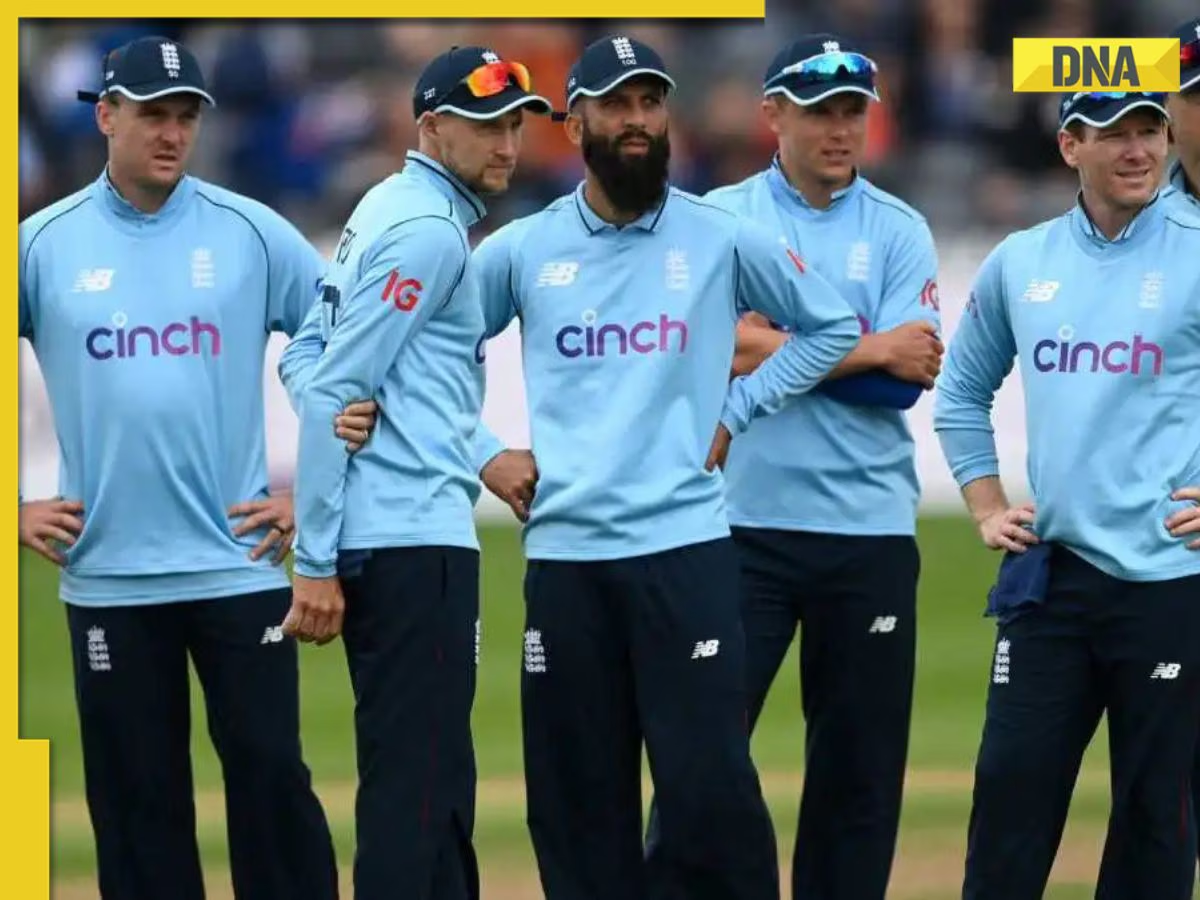
England Cricket Board Set to Ban Players from Participating in Franchise Leagues; IPL the Only Exception
The England and Wales Cricket Board (ECB) is reportedly preparing to implement a significant shift in its player participation policies. According to recent reports, the ECB is set to impose a ban on its contracted players from competing in most franchise leagues around the world. This move, however, will not extend to the Indian Premier League (IPL), which is set to remain the sole exception.
![]()
A Major Policy Shift
The decision is part of the ECB’s broader strategy to manage its international commitments and ensure that players are prioritizing national duties over lucrative franchise opportunities. The rise of global T20 leagues in recent years, including the Big Bash League in Australia, the Pakistan Super League (PSL), the Caribbean Premier League (CPL), and the UAE’s ILT20, has given players unprecedented financial rewards. While this has been beneficial for players in terms of earnings and exposure, the ECB has voiced concerns over the impact of these leagues on international cricket and player workload.
The board has long maintained that players must commit to the national team first, and this policy change signals a stronger stance on the matter. The increasing frequency of these leagues has sometimes conflicted with international schedules, with players facing the challenge of balancing their domestic obligations with their international commitments. The ECB’s decision aims to safeguard the well-being of players and the integrity of international cricket.
The IPL Exemption
While the ECB is introducing this ban on most franchise leagues, the IPL stands as a clear exception. This is due to the IPL’s immense commercial value and its role in globalizing the sport. The IPL is not only the most popular and financially rewarding league in the world but also one of the most closely tied to the global cricketing calendar.
The decision to exempt the IPL likely reflects the long-standing relationship between the ECB and the Board of Control for Cricket in India (BCCI), as well as the commercial realities of international cricket. Many England players, including star names like Jos Buttler, Ben Stokes, and Jonny Bairstow, have benefited significantly from IPL contracts. The tournament also serves as a valuable platform for players to fine-tune their skills in the T20 format and build their profiles on the international stage.
Furthermore, the IPL’s scheduling typically occurs during windows that do not directly conflict with international fixtures, making it easier for players to participate without compromising their national duties.
The ECB’s Long-Term Vision
The move to restrict participation in non-IPL franchise leagues underscores the ECB’s focus on maintaining the strength and competitiveness of its national team. With an eye on upcoming global tournaments, including the ICC World Cup and the T20 World Cup, the board seeks to ensure that its players are fully available for England’s cricketing campaigns.
This decision may also be influenced by the growing trend of cricketers, particularly in the shorter formats, playing for multiple teams across various leagues, which can lead to fatigue, injuries, and burnout. The ECB aims to safeguard its players’ physical and mental well-being while also ensuring that international cricket remains the top priority for its athletes.
The board has already been vocal about the need to reduce the crammed schedules that are beginning to overwhelm players. The recent inclusion of a “rest” period between series and tours is part of the ECB’s attempt to create a more manageable calendar for its players.
Potential Impact on Players
The ban on participating in most franchise leagues could have several consequences for England’s top players. On one hand, players might lose out on the opportunity to earn significant sums of money from overseas leagues, as well as the global exposure that these tournaments bring. However, it could also lead to less wear and tear on players’ bodies, providing them with more time to recover and focus on their national commitments.
Some players may feel restricted by this new policy, particularly those who rely on franchise cricket for financial stability, especially when the IPL and other leagues are seen as life-changing opportunities. However, with the ECB emphasizing national pride and the importance of international success, players may eventually adapt to the new directive.
The Wider Impact on Global Leagues
The ECB’s decision could also have ramifications for the other major T20 leagues around the world. Several leagues, such as the Big Bash League, Pakistan Super League, and Caribbean Premier League, have gained in popularity due to the participation of high-profile international cricketers, including many from England.
If other cricketing nations follow the ECB’s lead in restricting their players from participating in these leagues, it could alter the dynamics of the T20 landscape. Leagues that have become dependent on the participation of star players might struggle to maintain their global appeal. On the other hand, the IPL, with its massive financial backing and global footprint, is likely to continue to attract top talent regardless of these changes.
Conclusion
The ECB’s decision to ban its contracted players from participating in most franchise leagues marks a significant shift in the way England approaches the balance between national and franchise cricket. By exempting the IPL, the ECB acknowledges the tournament’s unique position in the world of cricket while asserting its priority on national duty.
This policy could help maintain the health and performance of England’s cricketers in the long term, though it may also lead to debates about player autonomy and the global commercialization of the sport. For now, it seems the future of cricket will see an even greater divide between international cricket and the world of lucrative franchise leagues, with the IPL standing alone as the exception.
Be the first to comment